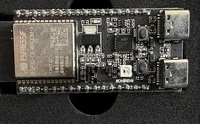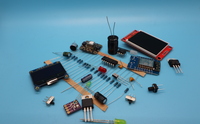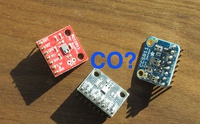ESP32-H2 Coming Soon
Adafruit now has listings for the ESP32-H2-MINI-1 module and ESP32-H2-DevKitM-1. The ESP32-H2 is Espressif’s new CPU that has Thread, Zigbee, Bluetooth 5 and Bluetooth LE support but no WiFi.
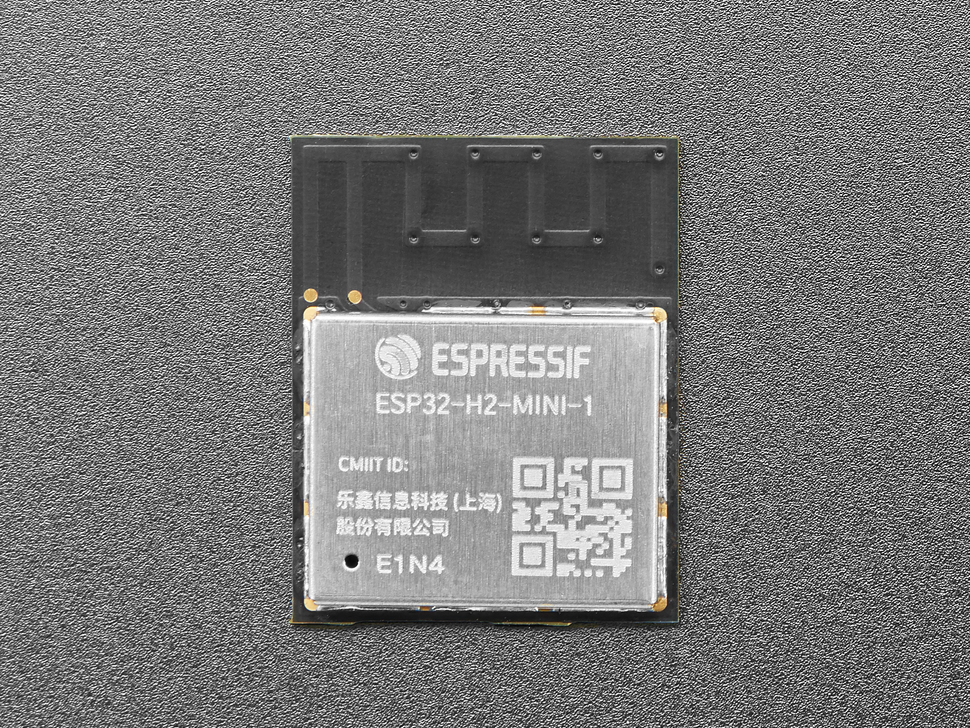
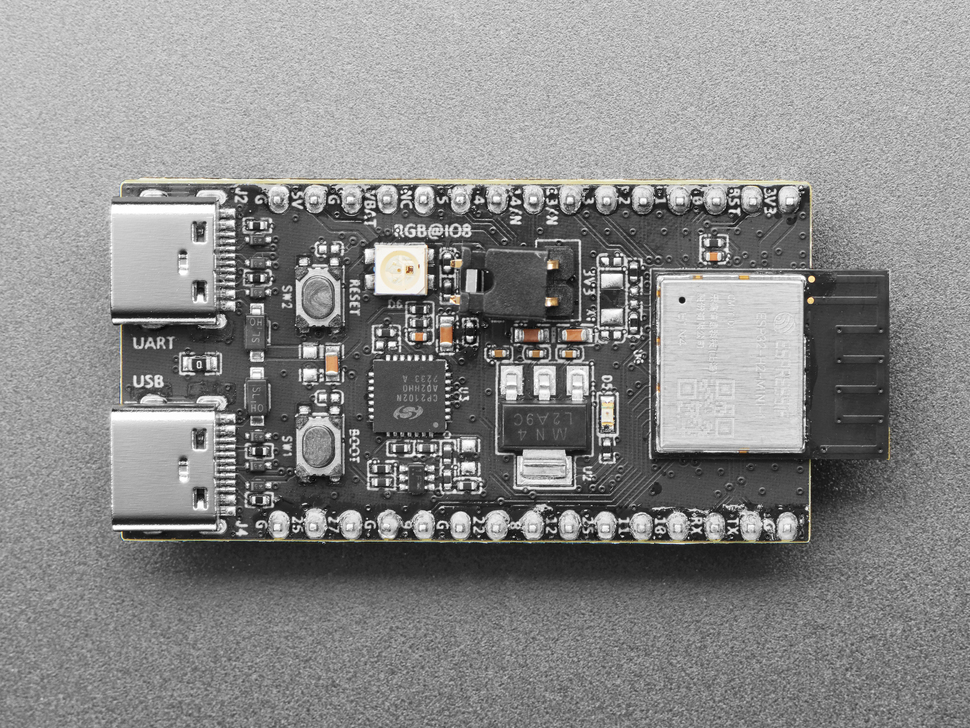 The H2 includes 2MB or 4MB flash with a single 96Mhz RISC V core. It has 3 SPI (but one is used for flash storage), 2 I2C, 2 UART, 1 5-channel 12 bit ADC, and 1 I2S hardware controllers. It has built-in support for USB serial (CDC) and JTAG over USB, but cannot act as a general USB host or support USB OTG. It has 19 GPIO pins.
The H2 includes 2MB or 4MB flash with a single 96Mhz RISC V core. It has 3 SPI (but one is used for flash storage), 2 I2C, 2 UART, 1 5-channel 12 bit ADC, and 1 I2S hardware controllers. It has built-in support for USB serial (CDC) and JTAG over USB, but cannot act as a general USB host or support USB OTG. It has 19 GPIO pins.
The DevKit board is similar to other DevKitM boards, with two USB C ports, one for the CPU’s native USB, one for a USB/UART chip, and an RGB LED. Adafruit lists it for $10. Adafruit also has a preliminary datasheet for the H2 up, the first one I’ve seen.
No sign of it yet on the official Espressif AliExpress store or DigiKey. Mouser has listings for it but it’s currently “non-stocked” with a minimum order of 392 for the DevKitM-1.
Expect the first boards and modules to be “engineering samples” - they may still have bugs and problems which will be corrected in the final silicon that ships for use in products. These are good for initial development and prototyping, but you shouldn’t expect to go into production with these exact devices.
Software Support
The current version of ESP-IDF 5 contains preliminary software support for the ESP32-H2. To build projects for it you’ll need to use the “--preview” option when you set the target:
1
idf.py --preview set-target esp32h2
Arduino, MicroPython, CircuitPython
While I’m sure that these platforms eventually support the ESP32-H2, they’re all currently built with versions of ESP-IDF older than the current 5.x releases. The 5.x releases had substantial breaking changes, so it will be more effort to support them (or back-port changes) than it would be to simply update between patch releases. I wouldn’t expect to see support for some time.
Uses
The ESP32-H2 is clearly targeted for building low cost, low power Thread and Zigbee sensors. Given Bluetooth support, you’ll be able to run Matter over Thread and commission the device. Or you could bring up a Zigbee device with it. You could even use the same hardware and just a different software stack for both Thread and Zigbee versions of the same device.
Note that without WiFi this CPU won’t be suitable as a standalone Thread Border Router - it would need an external WiFi or ethernet module to work as one.
You could also use the ESP32-H2 as a Zigbee or Thread modem for other processors. Unfortunately, Espressif has stated that they will not be supporting the ESP32-H series with their “AT firmware” that simplifies using their CPUs to add connectivity to other devices, so you’re on your own if you want to do this.
Once Arduino and Python support is available, the ESP32-H2 should provide an easy way for hobbyists to build Zigbee and Thread devices.
Reality Check
The first CPUs available will work properly but may have glitches and are likely to not be supported at the level of Espressif’s mature products (for instance, the initial ESP32-C6 CPUs don’t have the ADC calibrated). It will take some time before ESP-IDF has complete support for them, and longer before easier to use programming environments like Arduino, MicroPython and CircuitPython will support them.


